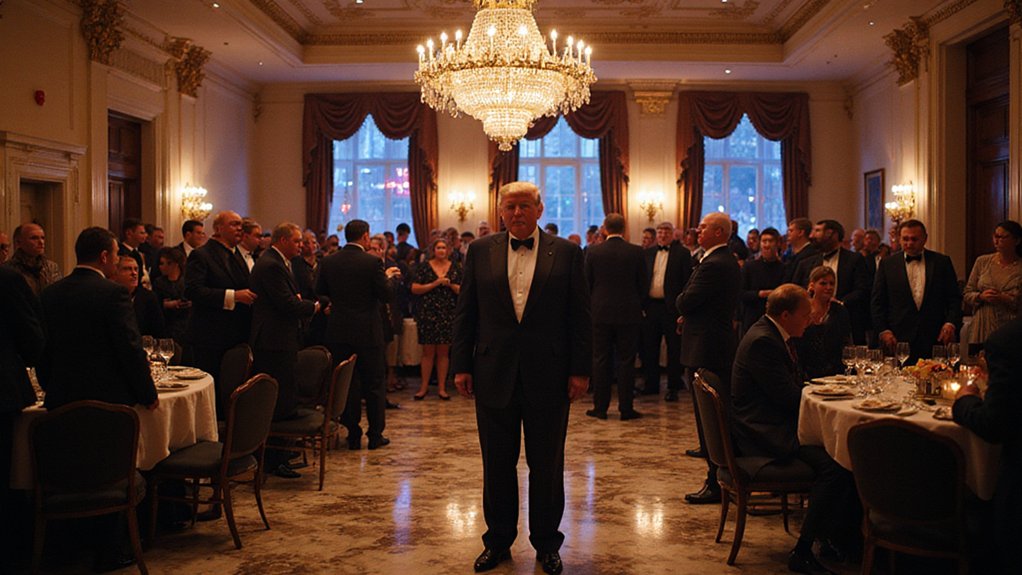Hong Kong’s billionaire family offices are pivoting toward cryptocurrency investments with the measured enthusiasm of someone testing pool water with their toe—except the pool holds $4 billion in assets and the toe costs $10 million.
VMS Group, a multifamily office managing just under $4 billion in assets for Hong Kong’s property and tech billionaires, exemplifies this cautious cryptocurrency courtship. The firm plans to allocate up to $10 million into decentralized finance through hedge fund Re7 Capital, marking its inaugural crypto venture. This represents roughly 0.25% of their total assets under management—a percentage that screams “diversification” rather than “revolution.”
The timing isn’t coincidental. Hong Kong’s regulatory environment has shifted from crypto-skeptical to crypto-curious between 2024 and 2025, with eased capital investment regulations specifically designed to attract global millionaire family offices. These policy changes have transformed what was once institutional heresy into acceptable portfolio theory.
VMS’s crypto pivot reflects broader liquidity concerns plaguing private equity markets. Traditional long-duration investments that once anchored family office portfolios are becoming increasingly illiquid, prompting managers to seek more flexible alternatives. Cryptocurrency and DeFi hedge funds offer the tantalizing possibility of quicker asset liquidation—assuming, of course, that volatility doesn’t evaporate portfolios first. Re7 has delivered consistent double-digit yields since launching in 2021, providing a track record that appeals to conservative institutional investors.
This strategic shift mirrors global trends. Approximately 27% of family offices worldwide now invest or plan to invest in cryptocurrency, a remarkable surge from 8% the previous year. Most allocate between 1% and 5% of total portfolio assets to digital currencies, suggesting institutional acceptance rather than speculative fever. Over the past year, Bitcoin has nearly doubled in value while Ether has risen approximately 80%, demonstrating the strong performance that attracts institutional investors. The crypto landscape is increasingly moving from speculation to tangible utility, with institutional adoption driving this fundamental transformation.
Hong Kong’s Avenir Group demonstrates what aggressive crypto commitment looks like: a $599 million Bitcoin ETF investment that dwarfs VMS’s tentative allocation. ETFs provide family offices with crypto exposure without the operational complexities of direct ownership—essentially cryptocurrency training wheels for billionaires.
VMS also initiated AI investments in 2023, indicating a broader embrace of emerging technologies. The firm’s dual focus on artificial intelligence and cryptocurrency suggests a calculated bet on technological disruption rather than random portfolio experimentation.
Whether this $10 million gamble represents prescient diversification or expensive education remains uncertain. What’s clear is that Hong Kong’s billionaire families are no longer content to watch the cryptocurrency revolution from the sidelines.









